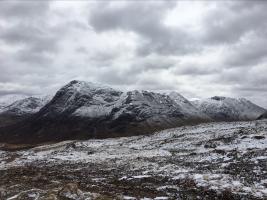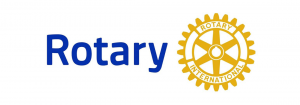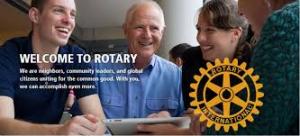Kosovo Perspective – Hugh Grant 14 February @ 18.30
Thu, Feb 14th 2019 at 6:30 pm - 8:30 pm
Kosovo Perspective – Hugh Grant 14 February @ 18.30

Kosovo Perspective – Hugh Grant 14 February @ 18.30
KOSOVO PERSPECTIVE
Speaker Hugh Grant, in a welcome return to the Club, spoke about his current involvement as a member of a Foreign and Commonwealth Office (FCO) delegation that is helping with the process of recruiting entrants to the senior Kosovo civil service. There is a real need, he explained, to assist in the recruitment of those who will be leaders of the country, and also to help develop their expertise. While Kosovo is predominantly reliant on farming, the country has mineral resources, including metals and precious minerals. It is, therefore, of prime importance that the political and civil governance of Kosovo is supported in the process of improving the infrastructure and of finding ways which will lead to greater prosperity and stability. It is in these aspects that the FCO’s work is particularly important and influential.
Because of ethnic and linguistic differences between the populations in the two areas, the relationship between Serbia and Kosovo, Hugh explained, has been, historically, very fraught. As a consequence of this, diplomatic relationships currently remain at a very low ebb. So why is this? Much rests on the partitioning of the Balkan states following the Second World War. For a time, the balance among various rival religious, linguistic and political groupings in the region was contained – or, perhaps, suppressed - within the framework of Yugoslavia by Marshall Tito. Following his death, the antipathy, particularly between Serbs and Albanians, increased to the point where, in 1990, Albanians in the south-west of Serbia declared Kosovo an independent republic. In the following years, Milosovic, as, initially, President of Serbia, and subsequently of the Republic of Yugoslavia, was involved in conflicts in Slovenia, Croatia and Bosnia, which will be remembered as particularly brutal. There was, too, increased repression of Albanians in Kosovo. This resulted in often violent opposition led by the Kosovo Liberation Army (KLA). Oppression of their actions by the Serbians led to a further escalation that resulted in the outbreak of what was, effectively, war. The brutality of this was such that NATO forces finally intervened to establish a ceasefire.
Serbia has never accepted Kosovo’s independence, and that fragile relationship between the two countries remains. However, there is at least a prospect of some improvement, in that both Serbia and Kosovo are now seeking membership of the European Union. While some progress has been made in the negotiations with the EU, there are still issues related to the position of the border between the two countries that remain to be resolved.
On a more positive note, Hugh insisted that Kosovo is an attractive country to visit: the capital, Pristina, in particular has benefited from real efforts to improve its amenities. Given that the current exchange rates are very favourable, tourism may well help to improve the economy.
Stewart Strathdee, Speaker’s Host, thanked Hugh for his talk which, he said, clearly described the complex problems of Kosovo and the region. The Club was indebted to him for this.




